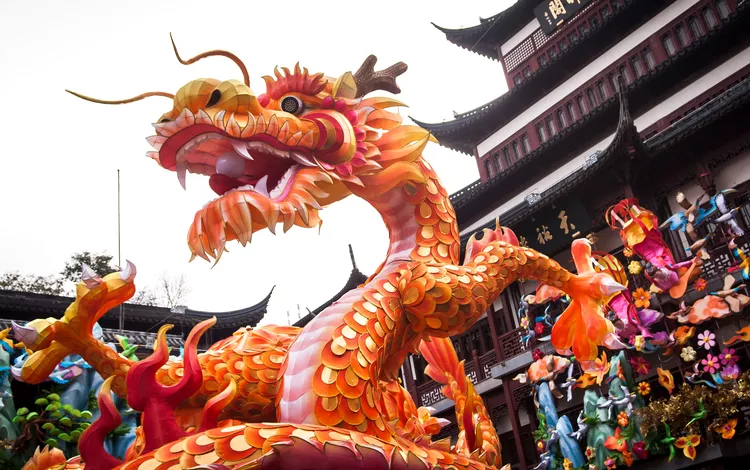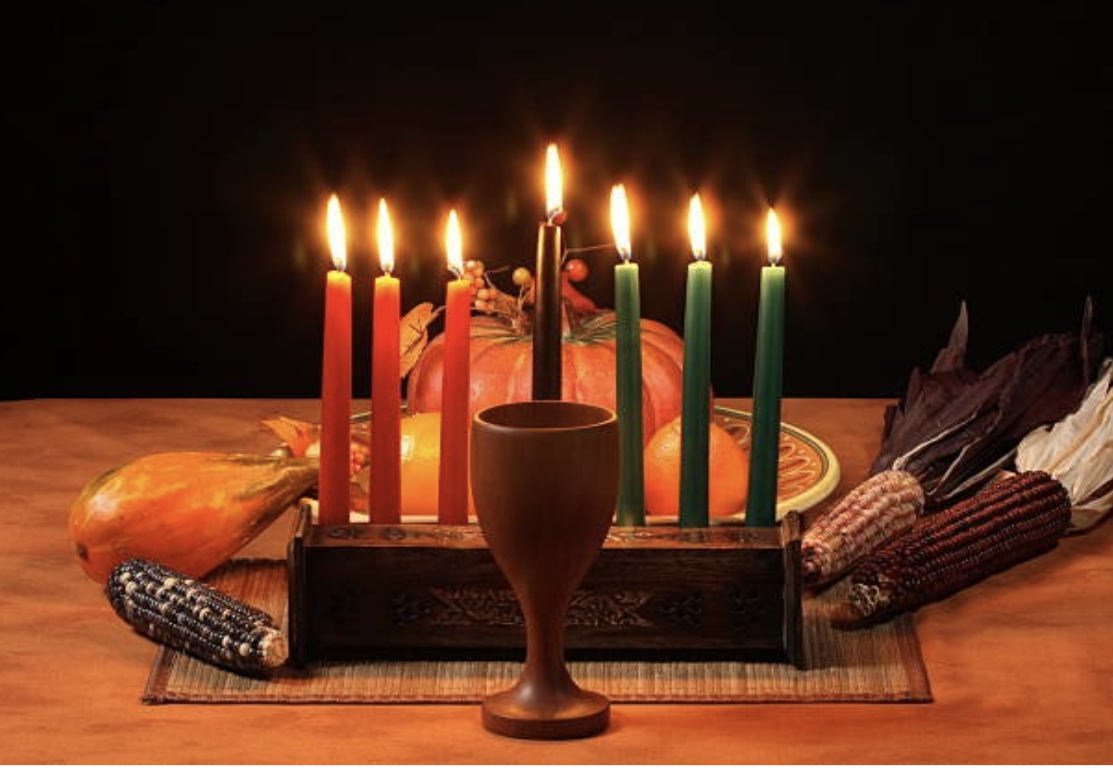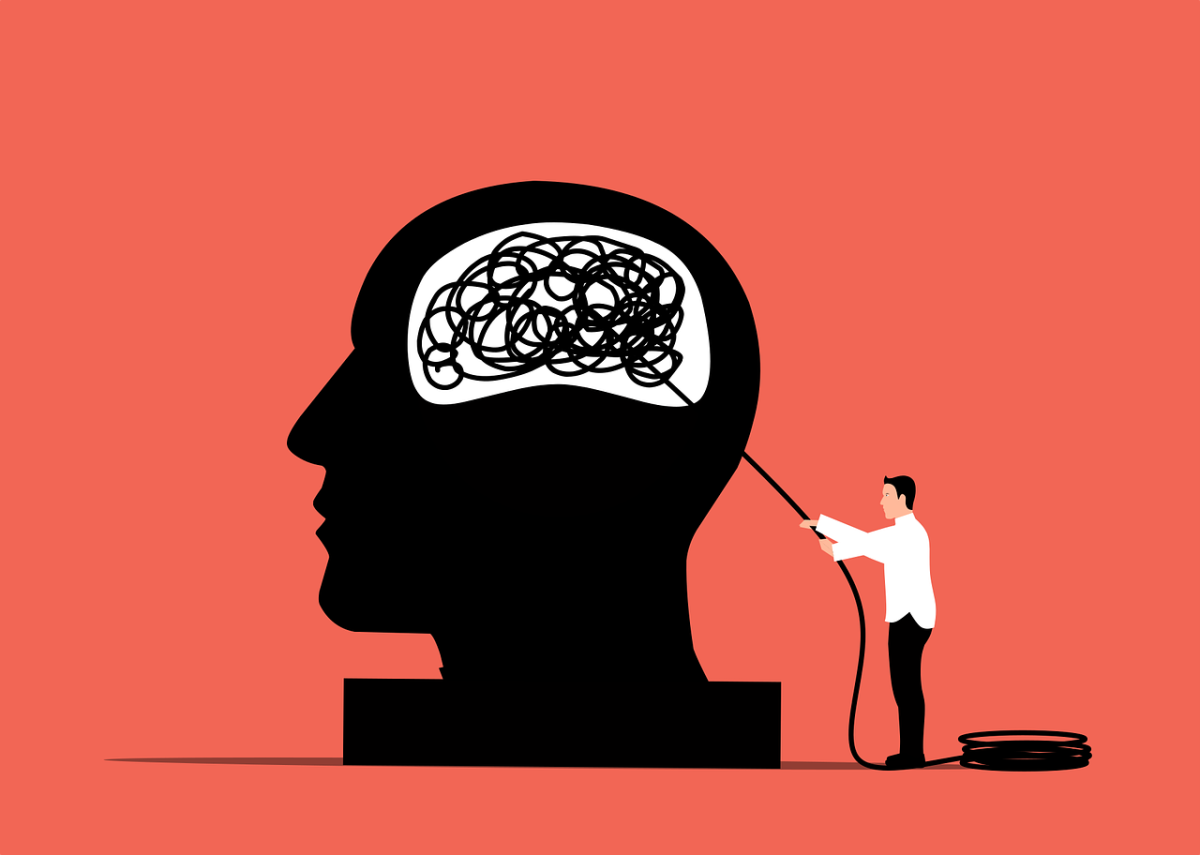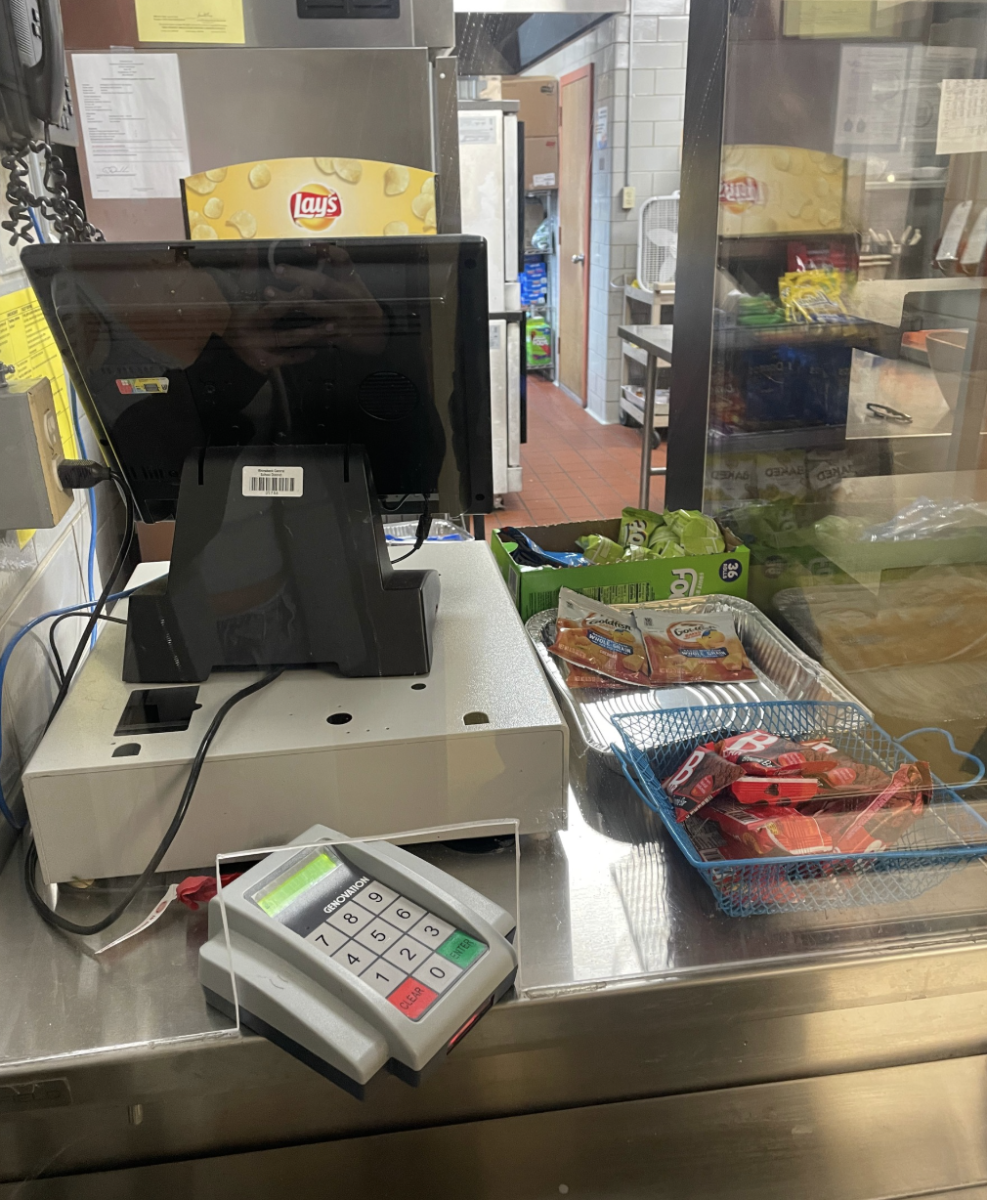While students do learn about important black historical figures, such as Martin Luther King Jr. or Rosa Parks, there are a number more that aren’t mentioned in typical school curriculums. These figures should be greatly recognized for what they have contributed to society, as human society wouldn’t be here today without them. Ranging from inventions to societal messages, these members have contributed a great deal.
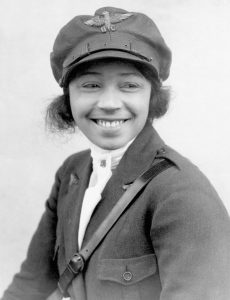
You might have known Bessie Coleman was the first African American woman to have a pilot’s and an international pilot’s license. But did you know she was also the first Native American? Gaining her license two years before Amelia Earhart, Coleman’s life was unfortunately cut short due to a failed flight testing. But her impact to the aviation industry and to the black community was incredible.
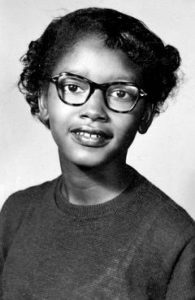
While many of us think of Rosa Parks when asked who refused to move their seat for a white man, Claudette Colvin came first. Nine months prior to the protest involving Rosa Parks, Colvin had done this same act. It resulted in her arrest, but later became a plaintiff in the case Browder vs. Gayle, which declared the segregation occurring on buses unconstitutional.
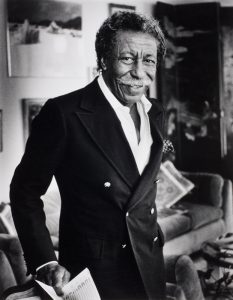
Gordon Parks was a photographer, author, composer, filmmaker and painter. During the Civil Rights Movement, Parks was dedicated to documenting the lives and cultures of African Americans. He was the first African American photographer at Life Magazine, and published the Learning Tree, a widely distributed and best-selling book.
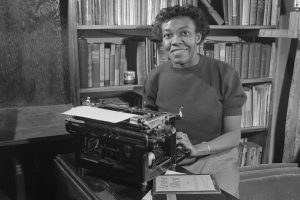
Born in 1917, Gwendolyn Brooks was the first black author to win the Pulitzer Prize, which she did in 1950. She additionally was the first black woman to serve as a poetry consultant to the Library of Congress. Her writing reflects some issues regarding the economy and the civil rights movement.
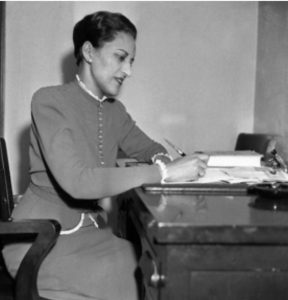
Jane Bolin was the first black woman to attend Yale Law School in 1931. This was a great accomplishment given the times and the attitudes about women and people of color. She later became the first African American woman to be a judge. She served on many boards, including the Child Welfare League of America and the NAACP.
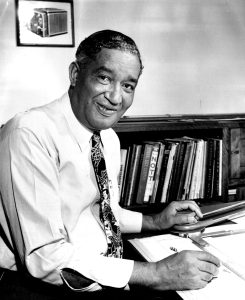
Frederick McKinley Jones was an American inventor. He was orphaned and dropped out of school at a young age, and got drafted to the military. Eventually, Jones became an auto mechanic, creating a transmitter for a new radio system. Additionally, he invented a system that overlaid sound an motion pictures, and then a system to keep perishable food cold and fresh. His story is a fantastic example of how although he was not given the best chance in life, he still was a very important figure in society. His inventions changed how we look at food, as well as the transportation of medical supplies like blood, organs, or medicine.

